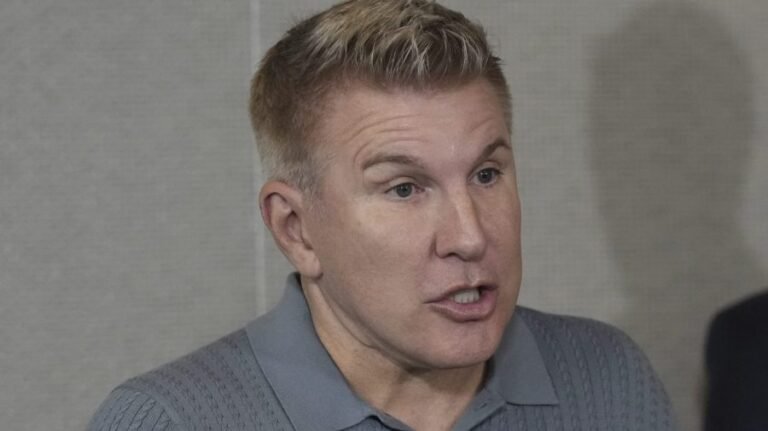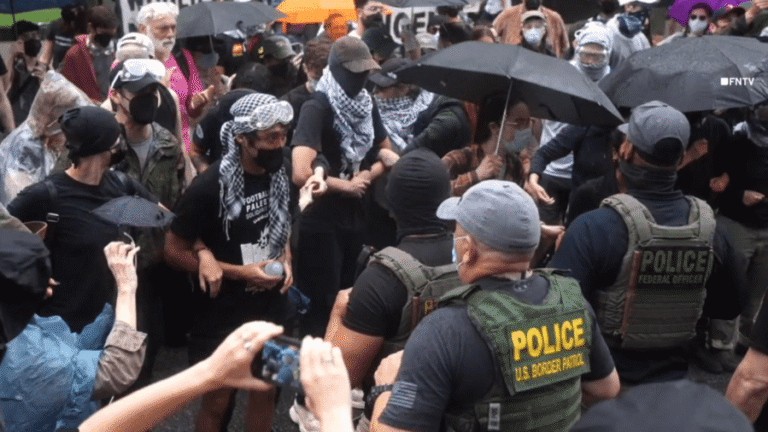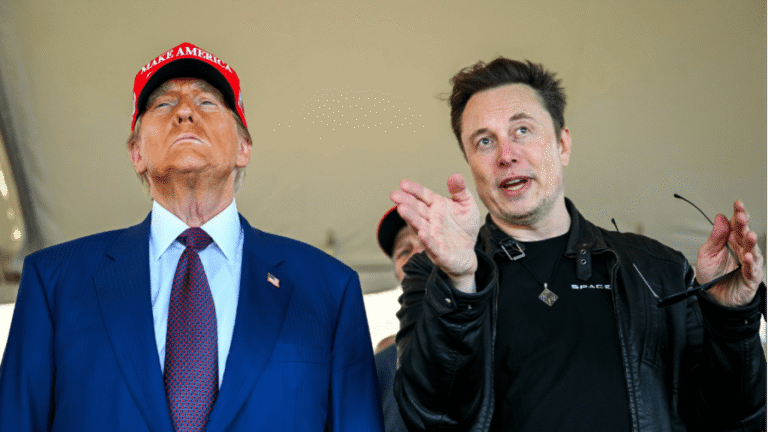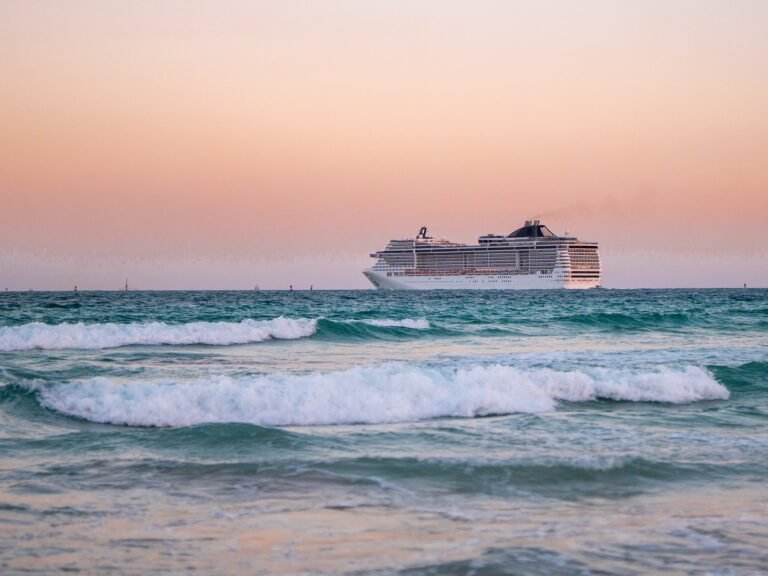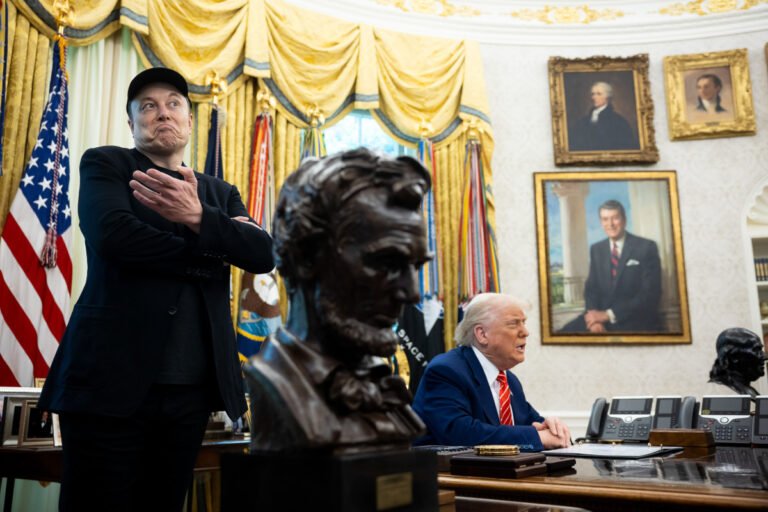
Not many Jewish Americans can trace their roots in this country back five generations, but I can. With that comes not just pride in legacy, but also a unique sense of responsibility always to remember what this country meant to the Jewish people who journeyed here.
My great-great-grandmother fled Hungary at the turn of the 19th century, escaping the antisemitism that haunted Jewish life in Europe. She arrived in a country that was far from perfect. Jews were met with suspicion.
My great-great-grandmother came anyway because she believed in what America represented. Democracy. Justice. Opportunity. And freedom, not just from tyranny, but toward dignity. So slowly and painstakingly, she built a life here. She worked hard to become a citizen, a teacher, and raise a family.
That story is nothing short of the American Dream. It is a dream built on a promise, one that began not just with immigration, but with the very birth of this nation.
The promise of America to the Jewish people was not an accident of modern tolerance. It was codified at the nation’s birth.
In 1790, President George Washington sent a letter to the Hebrew Congregation in Newport, R.I., whose words stand as one of the most radical guarantees ever offered by a government to a religious minority: “For happily the Government of the United States, which gives to bigotry no sanction, to persecution no assistance … ”
Washington didn’t merely tolerate Jews; he invited them to participate in the project of the republic. He promised them that they would sit safely under their own vine and fig tree, unafraid.
For Jews, who had been exiled, dispossessed and hunted across continents, this was a new sacred covenant.
Yet, to be Jewish is also to carry the dichotomous memory of what it means to be cast out and what it means sometimes to be let in. The Jewish story is one of both exclusion and integration in societies and communities worldwide. We survived regimes that viewed us as threats and thrived in places that saw us as citizens.
America is a different world for Jews, though, because we have been part of this great democratic experiment. We helped build this great nation, even in its earliest days. In doing so, we staked a claim in its blessings.
While most Jewish Americans arrived in the late 1800s and early 1900s, some had already participated in the founding of America. Francis Salvador, a Sephardic Jew from South Carolina, was the first Jew elected to public office in the colonies and the first to die in the Revolutionary War. His sacrifice was not an anomaly. Haym Salomon, a Polish-born Jewish immigrant, became one of the Revolutionary War’s chief financiers. He raised the money that kept Washington’s troops fed and armed.
In Georgia, Mordecai Sheftall rose to become the highest-ranking Jewish officer of the Continental Army. In Philadelphia and New York, Jewish merchants like Isaac Moses and Moses Michael Hays financed supplies and organized support for the Continental Army, while small Jewish congregations along the eastern seaboard pledged their scarce resources to the fight for liberty.
That commitment to this new life in America grew, and Jewish Americans served this country in war and in peace, in Congress, in laboratories, in lecture halls and in courtrooms. We participated in major movements, including the labor movement, the civil rights movement, the American press and the technological revolution. We didn’t just live in this country; we participated, proudly.
Unfortunately, we now see rising antisemitism in American streets — some of it violent, some of it sophisticated, so much of it unchallenged. Jewish cultural figures are disinvited or denounced, and leaders who hold power are rooting for Jewish demise.
We see Jewish students harassed on elite campuses — a cruel irony given that those campuses were founded to safeguard inquiry and freedom. It can be easy to grow cynical of America in a moment like this. To forget what this country is. Or worse — to stop believing in what it still can be.
But make no mistake: to do so is a betrayal of what America means to the Jewish people — the promise of a better tomorrow.
In 1944, the world looked away as Jews were marched to their deaths. Contrast that with June 2025, when in a historic move, America took decisive action on an existential threat from Iran and stood up for the Jewish people and the lone Jewish state. America acted with the clarity that Jewish life is worth defending, that the Jewish people are not alone. America chose moral leadership in a world sometimes lacking it.
This July 4, let us set aside partisan scorekeeping. Let us look beyond which politician, which party, which bill did what, and why, and how. Let us return to the bigger truth: This country gave Jews room to breathe and a space to build. It gave us refuge. It gives our children a future. It allows us to be fully Jewish and wholly American, not in tension, but in wondrous tandem.
To be a Jewish American is not a contradiction but a gift. Never forget to contribute and lead in this land of possibility. Be vigilant in her darkest times, and grateful for her brightest light. One nation, under god, indivisible.
We are American. We are Jewish. And we are proud to be both.
Jacki Karsh is a six-time Emmy-nominated multimedia journalist and a board member of the Jewish Federation of Los Angeles.
